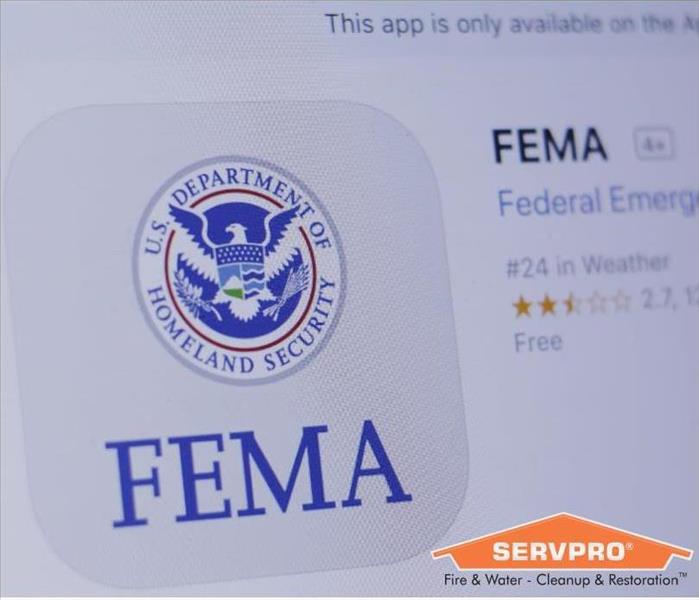Emergency Response After Storms
6/28/2022 (Permalink)
 FEMA and private insurers exist to alleviate the burden and get homeowners the professional cleanup services they require.
FEMA and private insurers exist to alleviate the burden and get homeowners the professional cleanup services they require.
Emergency Response Following Storms
Many homeowners in Golden Beach, FL, are inadequately prepared for a life-threatening storm situation. Understand the role of FEMA and other agencies in responding to a natural disaster and assessing the damage.
1. The Aftermath
The Federal Emergency Management Agency will typically send an inspector or other government official directly to the site of a flood or other disaster in order to ascertain the amount of damage and the needs of the populace. At this stage, it is helpful to be present to expedite the process. If the home is safe to enter, you can assist the FEMA official in getting a rough tally of what belongings and parts of your home structure are inundated, wind-damaged, or contaminated. Some homeowners may choose to have a complete inventory of the home as a matter of course.
2. Proof of Ownership
In a disaster situation, the federal government needs to determine the owner of the damaged property. Ensure that during a disaster or evacuation you have access to the various deeds and titles that can prove legal ownership of your home, land, and vehicles. This will greatly expedite the process of disbursing federal aid and getting your life back on track.
3. Adjusters
After the danger of flooding is over, your insurance agency will send an adjuster to ascertain the validity of your damage claims and take a general inventory. This process is different from the type of inspection that FEMA performs to determine the severity of the disaster for the purposes of federal aid. Homeowners should be aware that public adjusters independent of any particular insurance agency also exist, and can be hired to assist with disputes over liability or coverage.
While severe storms and other natural disasters can cause significant damage and disruption, FEMA and private insurers exist to alleviate the burden and get homeowners the professional cleanup services they require.






 24/7 Emergency Service
24/7 Emergency Service